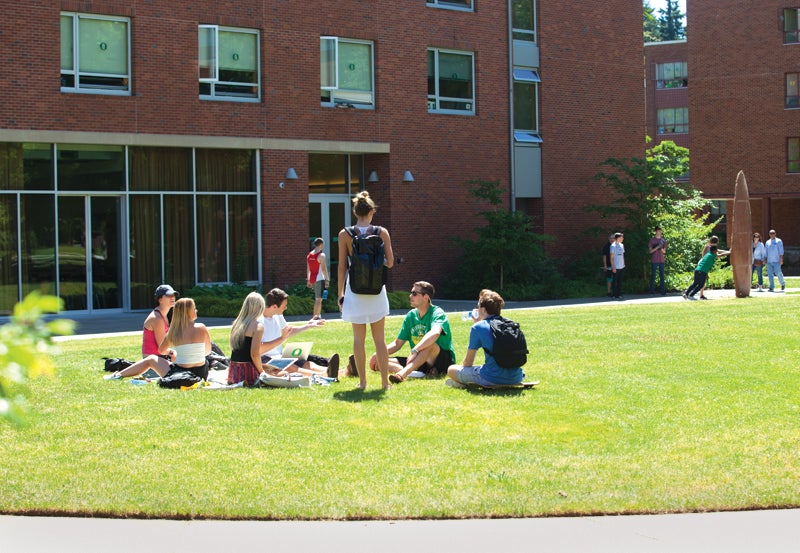
WEIGHT: 48 kg
Bust: B
1 HOUR:250$
NIGHT: +50$
Sex services: Bondage, Humiliation (giving), 'A' Levels, Strap On, Striptease
He was a major figure in the right-wing backlash against the collapse of apartheid. The progenitor of the Terre'Blanche name translatable as either 'white land' or 'white earth' in French in the region was a French Huguenot refugee, Estienne Terre'Blanche from Toulon Provence , who arrived at the Cape in , fleeing anti-Protestant persecution in France. While in school, he gave early expression to his political leanings by founding the cultural organisation Jong Afrikanerharte Young Afrikaner Hearts.
Under Terre'Blanche, the AWB swore to use violence to preserve minority rule , opposing any concessions offered to the African National Congress — an organisation AWB supporters repeatedly branded as Marxist terrorists [ 5 ] — and gaining notoriety for storming the Kempton Park Trade Centre during bilateral negotiations in AWB loyalists also clashed with South African security forces at the Battle of Ventersdorp , a bloody skirmish in where police opened fire on a white crowd for the first time since the Rand Rebellion , leaving three AWB members dead.

Terre'Blanche spent three years in a Rooigrond prison for assaulting a petrol station attendant and for the attempted murder of a black security guard around During the late s, Terre'Blanche increasingly opposed what he called the "liberal policies" of B. Vorster , then Prime Minister of South Africa. After four years of service in the South African Police , he resigned to pursue a career in politics, running unsuccessfully for local office in Heidelberg as a member of the far-right Herstigte Nasionale Party.
Disillusioned with the established avenues for political participation, Terre'Blanche founded the Afrikaner Weerstandsbeweging AWB in Heidelberg with six other individuals in Throughout the s, Terre'Blanche continued to present himself and the AWB as an alternative to both the National Party -led government and the Conservative Party , and he remained staunchly opposed to the reform policies of P.

Botha to establish additional, albeit still separate, parliamentary chambers for non-whites, and to grant suffrage to Coloureds and South Africans of Indian origin. Terre'Blanche viewed the end of apartheid as a surrender to communism, and threatened full-scale civil war if President F.





































